|
So this happened today. Rooney Mara Cast as Pan's Tiger LilyI guess they are making a new Peter Pan? Nobody asked me. The movie is being released by Warner Bros. in 2015. It's written by Jason Fuchs. And apparently, so far, it stars Hugh Jackman (as Blackbeard) and Garrett Hedlund (as Captain Hook) and I guess people are saying this ain't yo mama's Tiger Lily. My first instinct was to be #Skeptical. It's Hollywood. We are fresh off of Tonto. Has anybody really learned their lesson? Wasn't Peter Pan one of the grossest misrepresentations of Native peoples? Would Disney not even touch it? Is that why it's a Warner Bros. picture? Because if Disney wouldn't touch it then be wary Warner B. Color me #Skeptical Especially when I read this: In Fuchs’ script, an orphan is taken to the magical world of Neverland, where he becomes the savior of the natives and leads a rebellion against the evil pirates led by Blackbeard. Man, we've never heard this story before. This, of course, sends me down a rabbit hole of research and information. Because I want to tell everyone "Run, run far away from this. Do something BETTER than this." This whole thing has a name: "The White Savior Industrial Complex." Lots of people have written about it. You can find this complex demonstrated in: literature, movies, art work, newspapers, songs, nonprofit organizations, viral videos and much more. He comes in many forms. Sometimes he is a lawyer and he gives impassioned about how racism is bad. Sometimes he is a dude on a horse and he has a trusty Native sidekick who likes to help him blow up railroads. Sometimes he is a white guy going to Africa to save Africans from themselves. For Native people the white savior is usually intimately tied to saving Natives from certain extinction. This tale becomes "if only the Natives had _______ then maybe they wouldn't have all died or gotten sick or 'lost' the war for their land." And usually what Natives needed (according to these stories) were more guns, more "modern" ways of thinking, and a white guy. In case you're a writer/ actor/ storyteller/ director/ producer and you're a little unsure if you, in fact, have fallen in to a "white savior industrial complex" movie allow me to provide you with a handy dandy guide. How to tell you are in a white savior movie in which you are the white person tasked with saving Native peoples from certain destruction (and/or Manifest Destiny). 1. You are an orphan. Or you have no other family. You've always wanted a family. 2. You go to a place and notice that there are awesome Native people being all "multi-racial/international" (as per the description in the press release) which usually means kind of a mixture of fictional Pan-Indian ideas. You also notice that they are one big family -- a "tribe" if you will. Many of them are related ("how many cousins do you have?!") Also everybody calls everybody else "Auntie" and that's nice. 3. The Natives there are having a problem dealing with big bad guys who have lots of guns, and technology, and they just want to take over the world. 4. You immediately think "let me teach you how to defend yourself" because "otherwise they will all die." 5. Most of the tribe is more than a little skeptical. But you know they just don't know any better. The Native guy giving you the side-eye, he's the "last of his tribe." You worry about him. 5. There's a girl there, she's probably kind of a rebel. All the rest of the tribe rejects you for a time. But she welcomes you with open arms because she's modern and hip like that. 6. Eventually you will have to lead them in a big fight against the big, bad people with more technology and you will save the day. 7. If at some point there is an elder Native man involved he will help you to discover more about yourself. Also he will die. Don't get too attached. 8. If at some point there is a nice white girl who is your friend, or who is on the other side and she falls in love with a Native man she will die. Don't get too attached. 9. You will save the day and decide to stay in Never land to help the Natives so they don't all just get killed. You have to protect them by living and being with them forever. 10. You're a super Native now. The story needs to be told this way for a number of reasons. First, it takes away the responsibility of genocide. It's almost as if people want to believe that genocide should be harder. In this tale, the attempt to annihilate a group of people wasn't "hard" it was just "destiny" (manifest destiny) and "survival of the fittest." Second, it takes away the worldview and societal organization of Native people. It assumes that Native people would have used their guns to kill everyone. It says that Native people weren't in fact organizing and making strategic decisions. Instead, they were mistaken about the serious of it all, too dumb to understand, too ill equipped to win. Less civilized. Less "intelligent." I have asked people before. "Who is more civilized and intelligent. The group of people who get together to create a society that is equal, balanced, sustainable and builds knowledge of how the world works while also creating a society that cares for all of its people. Or the group of people who get together to make guns and kill people?" Civilized and intelligent. But the story that perpetuates throughout Hollywood movies (if it's not "those savage Indians" or "those stupid Indians" or "those Indians who are busy communing with Nature and not actually living in the modern world") is "if only they had a white guy that could save them from, well mostly themselves, and genocide, but mostly themselves. And this affects how people see modern Native people. It allows people to reject "historical trauma" and the lasting effects of genocide. It pretends that living Native people are not still dealing with the past in the present. So I'm not just concerned because there is another movie about Native people already casting Non-Native people to play Native roles. I'm not trying to argue semantics of "Well, she's not supposed to be 'NATIVE' per se, she's more like, a 'multi-racial, international' character." I'm not trying to split hairs about how everyone is going to view her as Native no matter what you do, and even if you strip all these Native characters of their Native-ness, there is something about the story that rings true to Hollywood's Indian problem. (See, for example, Avatar). Because Hollywood has an Indian problem. Their problem is that Indian people still exist. There are still Indians. They are living, breathing, writing, singing, dancing, entertaining, basketballing, educated, funny Indians. They don't live in magical places where they speak in broken sentences and talk to trees and pass up on the super hot Native guy in favor of the blonde white guy. This is a problem. Hollywood wants Native people to be imaginary. It's easier to make movies that way. Instead of having to learn something or educate yourself or change the dominant idea, they just want to make a movie. They don't want to consider what that means. Diversity, addressing privilege, combating racism, that's hard. Making a movie about an Indian that wears a bird on his head and saves a white guy from death so that he can save the day...that's a summer blockbuster. I'm anxious to see if I am right. You never know how these things go. Hollywood is a funny place where many minds come together to try to make something that is coherent and entertaining to watch. Most of the time this does not end as well as they would like. I once read somebody's memoir of Hollywood (I can't remember who) and it was all about how the script that is written is never usually the movie you see. Not with so many factors (what the actors want, what the director wants, what the studio wants, what the test audiences say). But I do know this. The story of the nice white savior who helps the Natives so that they don't perish and become relegated to the past... that's been done, done, and done. Let's move on. Why not invite some Native scholars or educators to speak with your director and your writer? Why not have them take a Native American Studies class or listen to a lecture? Why not see if that changes what these directors and writers want to show and what they want to write? I have a list you can consult of people who would be willing to talk to you if you just click here. Again, nobody asked me. They probably thought I'd say no. Who knows what I would have said. I think I probably would have started with "let me tell you a little bit about the white savior Industrial complex." PS. Hollywood, if you are looking for some people willing to take a look at and/or consult with you about making this movie (which you probably aren't, but you should be) I'm making a list for just such an occasion. Click here to find out more!
0 Comments
Your comment will be posted after it is approved.
Leave a Reply. |
SubscribeClick to
AuthorCutcha Risling Baldy is an Associate Professor and Department Chair of Native American Studies at Humboldt State University. She received her PhD in Native American Studies from the University of California, Davis. She is also a writer, mother, volunteer Executive Director for the Native Women's Collective and is currently re-watching My Name is Earl... (5) Top PostsOn telling Native people to just "get over it" or why I teach about the Walking Dead in my Native Studies classes... *Spoiler Alert!*
Hokay -- In which I lead a presentation on what happens when you Google "Native American Women" and critically analyze the images or "Hupas be like dang where'd you get that dentalium cape girl? Showing off all your money! PS: Suck it Victorias Secret"
In which we establish that there was a genocide against Native Americans, yes there was, it was genocide, yes or this is why I teach Native Studies part 3 million
5 Reasons I Wear "Indian" Jewelry or Hupas...we been bling-blingin' since Year 1
Pope Francis decides to make Father Junipero Serra a saint or In Which I Tell Pope Francis he needs to take a Native Studies class like stat
I need to read more Native blogs!A few that I read...
Archives
June 2020
Categories
All
|
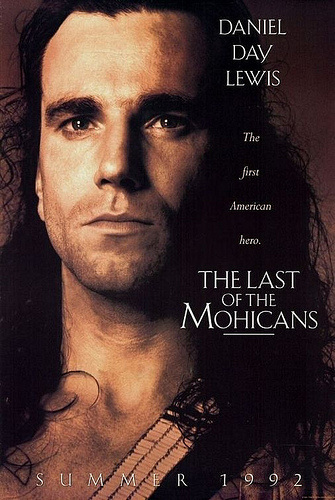
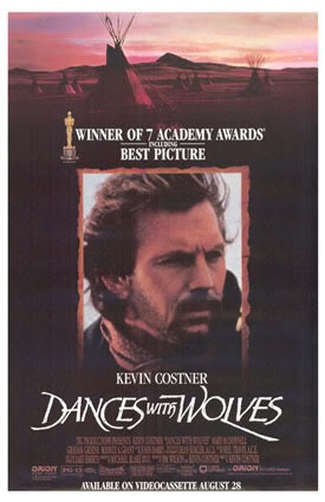
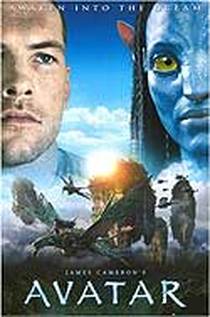
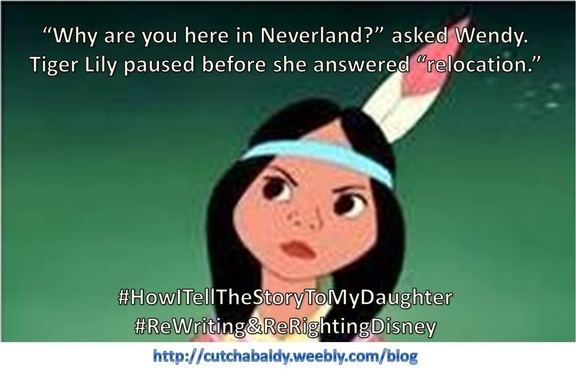

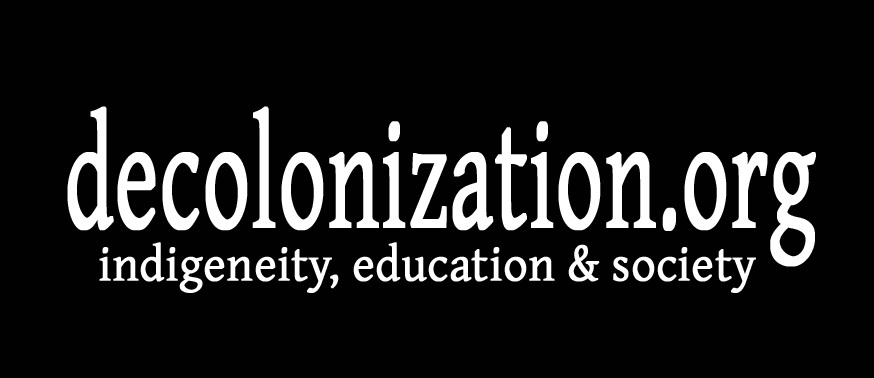


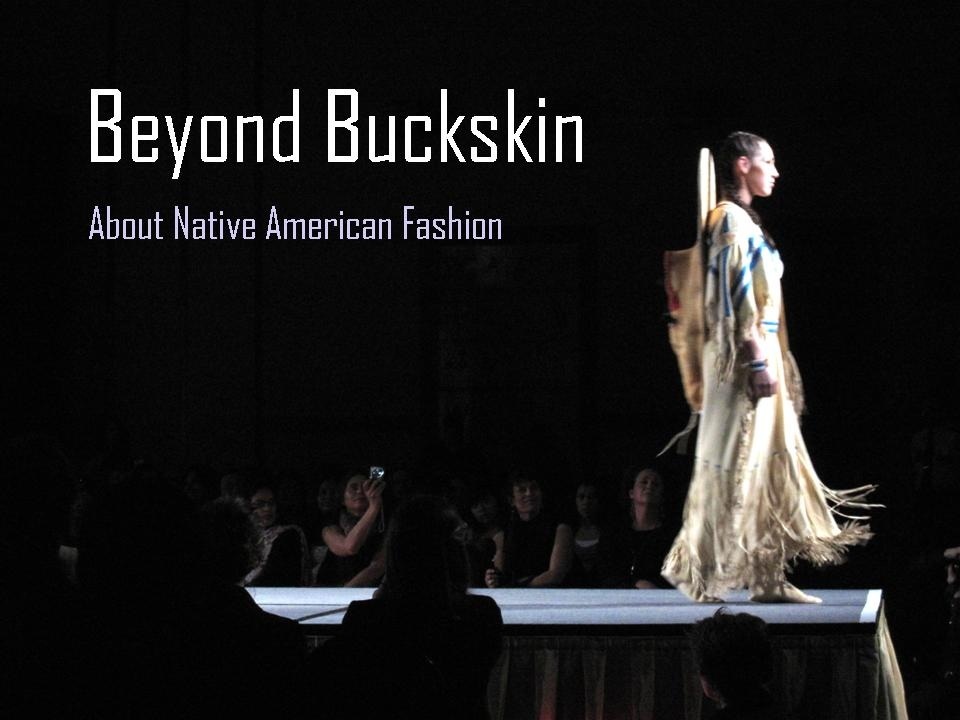

 RSS Feed
RSS Feed
